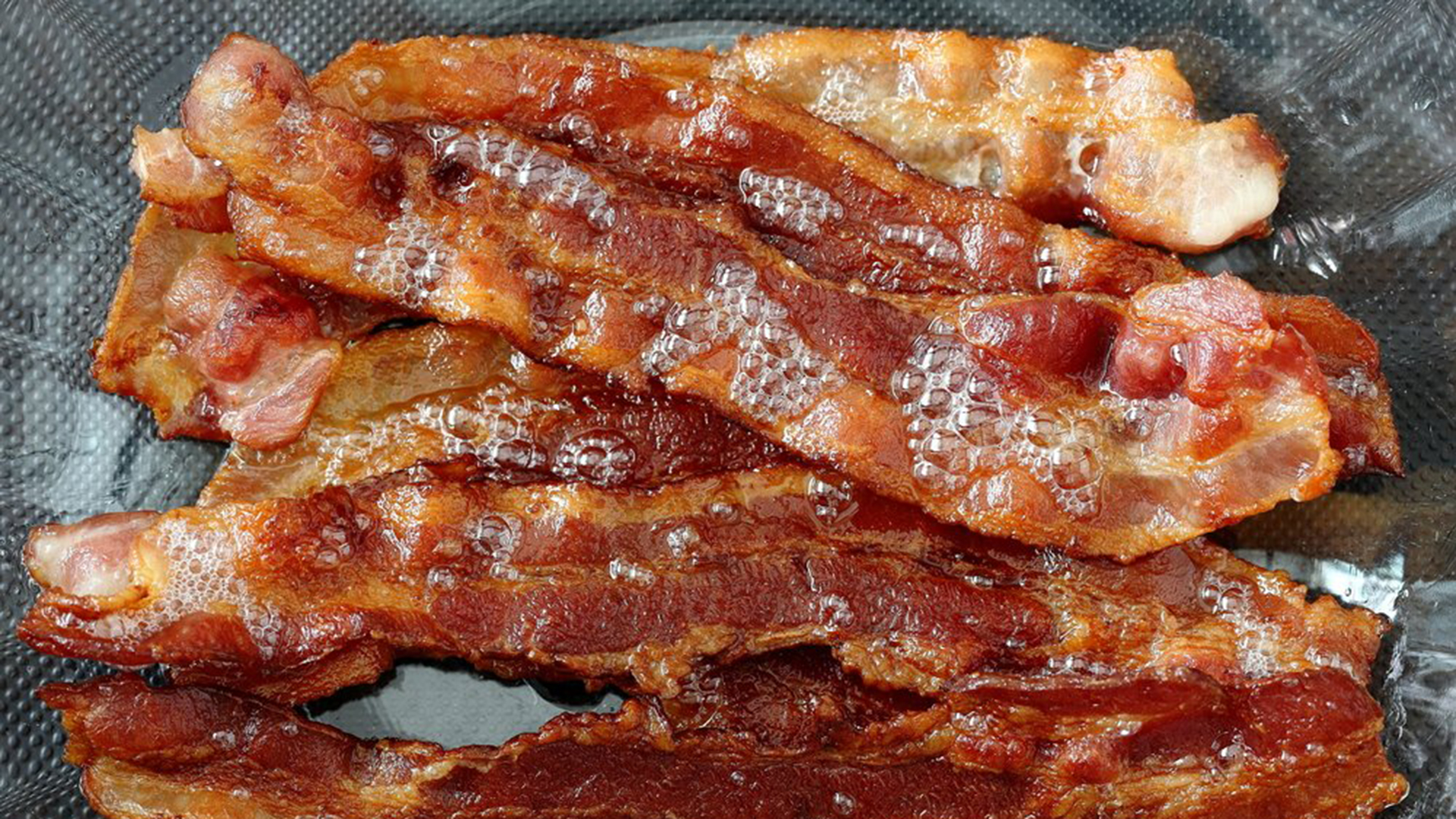Not that long ago several headlines circulated through the news about scientists confirming that bacon could be as harmful to human health as smoking cigarettes.
This decision was made by the World Health Organization based on labelling the meats “carcinogenic to humans,” deciding to list them together as other notoriously carcinogenic substances such as asbestos, arsenic, cigarettes, and alcohol.
Besides, the World Health Organization formally classified processed meats carcinogenic in October 2015. Their conclusion was based on a review of 800 studies globally done by the International Agency of Research into Cancer (IARC).
In their report, they say “sufficient evidence in humans that the consumption of processed meat causes colorectal cancer.”
According to the IARC Report:
“Meat consists of multiple components, such as haem iron. Meat can also contain chemicals that form during meat processing or cooking. For instance, carcinogenic chemicals that form during meat processing include N-nitroso compounds and polycyclic aromatic hydrocarbons.
Cooking of red meat or processed meat also produces heterocyclic aromatic amines as well as other chemicals including polycyclic aromatic hydrocarbons, which are also found in other foods and air pollution. Some of these chemicals are known or suspected carcinogens, but despite this knowledge, it is not yet fully understood how cancer risk is increased by red meat or processed meat.”
That means the problem isn’t just bacon, but any processed meat that could be possibly cancer-causing.

Can you notice wrong with this picture? Sure processed meat does cause cancer, but are people so simplistic and ignorant to think that they need government body called the World Health Organization to warn them?
The WHO has no legitimate aim of keeping people healthy, being some altruistic force to make sure people don’t get bowel cancer. It would be ignorant to think that’s why they exist.
Some articles go deep into the details of what per cent likeliness people are to suffer from bowel cancer if they eat processed meat, but it’s hard to assume in the truth of these statistics when people vary so much in how they eat and live.
At the root of this story, the WHO and health organisations are justifying their existence by issuing warnings about things like this. Not only that, but the WHO moves so slowly, if this was a priority to them in 2015, how could they be so late to the issue?
The WHO has a surface level, where they reveal to the public what they are researching and try to justify their presence with little warnings like this, and then they have a deeper depth of what they do and who they endorse, what research and products they prefer, and all the rest.
Also, it’s not a good thing when government organisations start “officially” recognising things. When the government starts “officially” recognising the danger of tobacco, they start trying to make laws that do nothing but line the pockets of politicians with new taxes and create annoying little additional hassles for people who will not give up smoking cigarettes either way.

For example in Australia and New Zealand, the law bans the sale of tobacco goods that don’t feature an image of lung cancer, or mouth cancer, in place of a brand or packaging.
Use common sense, if you think that something is bad for you, and you can support your finding with verifiable facts than it probably is. We don’t need the WHO to tell us so…
(Image credit: sciencealert, youtube, rappler, today)
Source: Anonews


Who wrote this abysmally crafted article? Did they not attend classes on composition? Sheesh!
Since bacon comes from a pig as does pork chops and ham, does that mean that pork chops and ham also cause cancer?
I think it’s the extra stuff involved in preservatives added to bacon, and process of making bacon (nitrates/nitrites?) that adds a bit of danger which may not be in say plain pork chops. This same danger may be present in other processed meats such as salami etc by the way. Having said that I think the article blows it out of proportion. To compare bacon to smoking in terms of danger is a fiction. Information from journalist articles is not power.